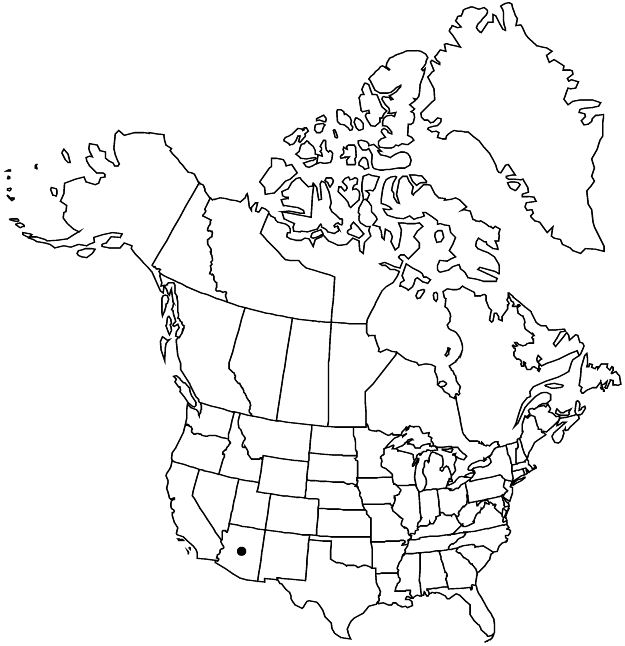Difference between revisions of "Euphorbia trachysperma"
Rep. U.S. Mex. Bound. 2(1): 189. 1859.
FNA>Volume Importer |
imported>Volume Importer |
||
| Line 51: | Line 51: | ||
|publication year=1859 | |publication year=1859 | ||
|special status= | |special status= | ||
| − | |source xml=https:// | + | |source xml=https://bibilujan@bitbucket.org/aafc-mbb/fna-data-curation.git/src/bb6b7e3a7de7d3b7888a1ad48c7fd8f5c722d8d6/coarse_grained_fna_xml/V12/V12_85.xml |
|genus=Euphorbia | |genus=Euphorbia | ||
|section=Euphorbia sect. Anisophyllum | |section=Euphorbia sect. Anisophyllum | ||
Revision as of 20:12, 27 May 2020
Herbs, annual, with slender taproot. Stems erect to ascending, 10–55 cm, glabrous. Leaves opposite; stipules distinct, narrowly triangular and often divided into 3–5 subulate to filiform segments, 0.8–1.9 mm, glabrous; petiole 1.2–3.1 mm, glabrous; blade oblong, elliptic, or ovate, 12–43 × 3–14 mm, base subsymmetric to asymmetric, rounded, attenuate, or with one side hemicordate and other side rounded, margins usually serrulate, rarely entire on some leaves or portion of blade, apex obtuse to acute, surfaces often with red blotch in center, glabrous; pinnately veined, often only midvein conspicuous. Cyathia solitary at distal nodes; peduncle 1.4–2.4 mm. Involucre oblong, campanulate, or funnel-shaped, 1.5–2.6 × 1.1–2.3 mm, glabrous; glands 4, green to yellowish or tinged with red, subcircular to oblong, 0.4–0.7 × 0.5–1 mm; appendages absent or white, often forming narrow rim or oblong to ovate, 0–0.8 × 1.2 mm, distal margin entire. Staminate flowers 50–60. Pistillate flowers: ovary glabrous; styles 0.5–0.6 mm, 2-fid 1/2 length. Capsules oblate, 2.4–3.2 × 3–3.5 mm, glabrous; columella 2.3–2.5 mm. Seeds light brown, ovoid, 4-angled in cross section, abaxial keel well developed, 1.9–2.3 × 1.3–1.4 mm, finely dimpled and papillate.
Phenology: Flowering and fruiting late summer–early winter.
Habitat: Desert scrub, desert grasslands, mesquite woodlands.
Elevation: 200–1200 m.
Distribution

Ariz., Mexico (Baja California Sur, Sonora).
Discussion
Euphorbia trachysperma may be expected in extreme southwestern New Mexico given the close proximity of some collections in southeastern Arizona.
Selected References
None.